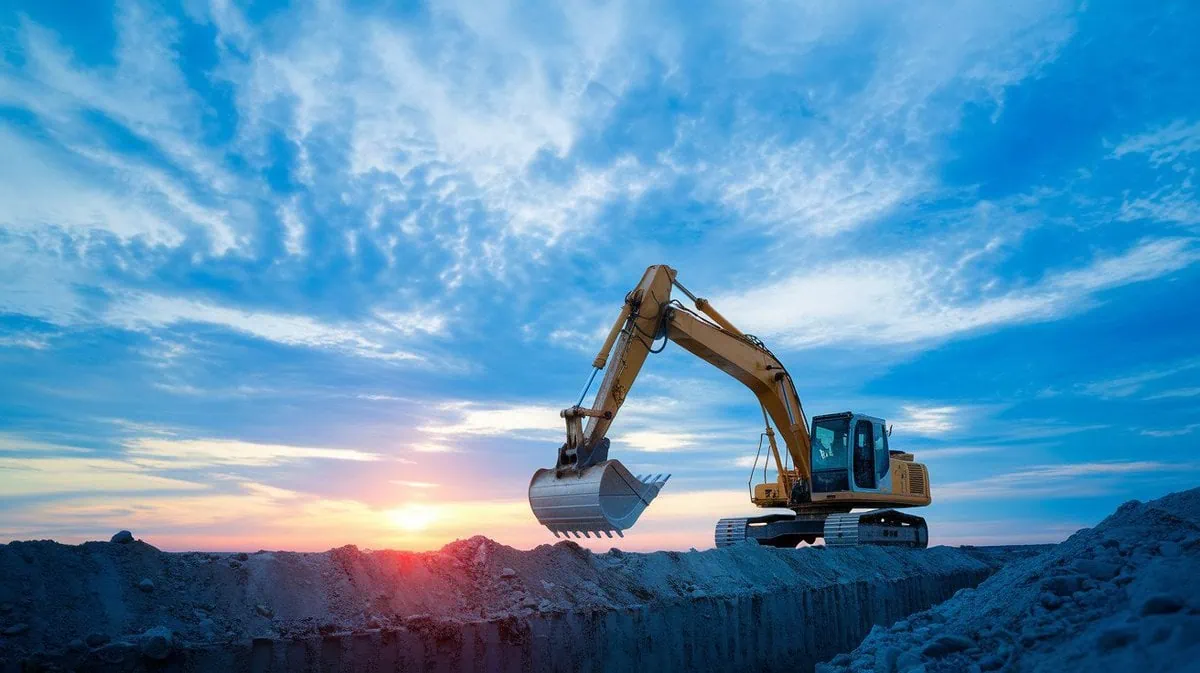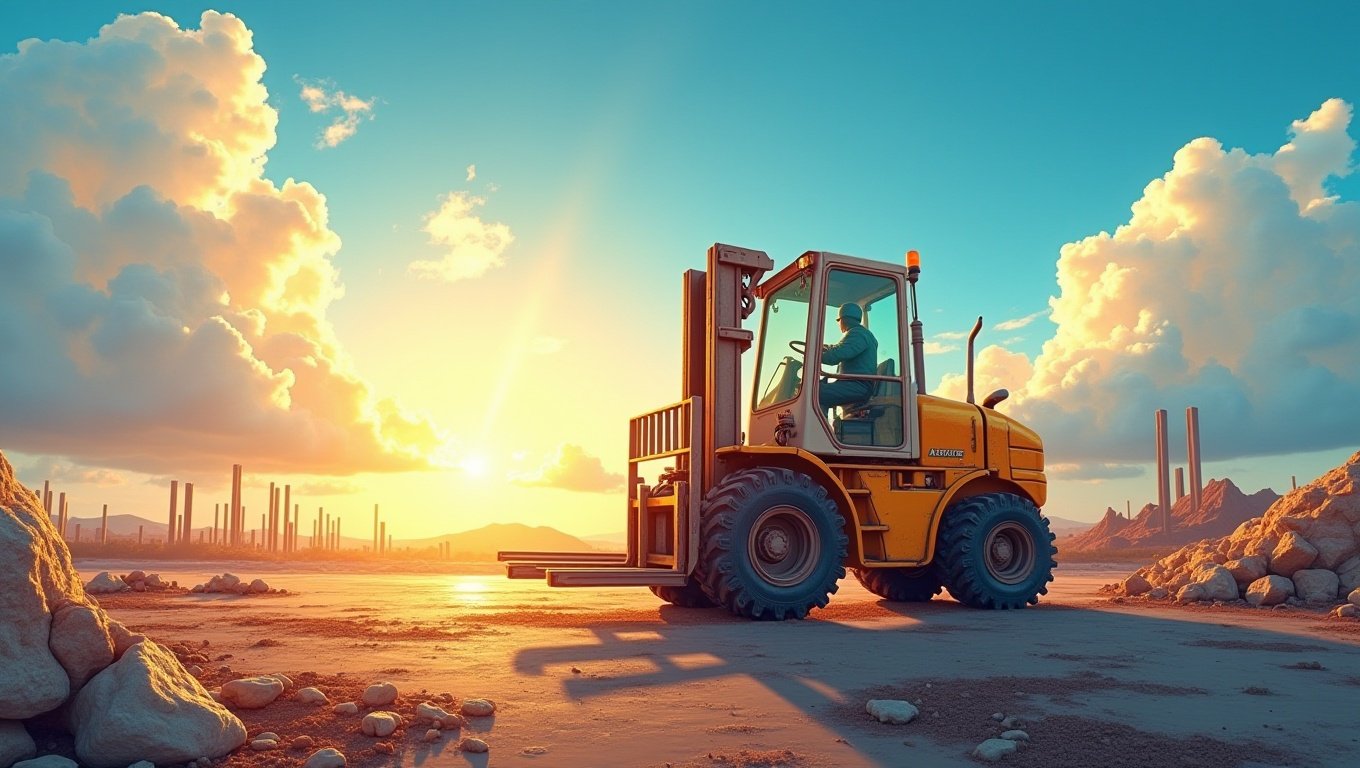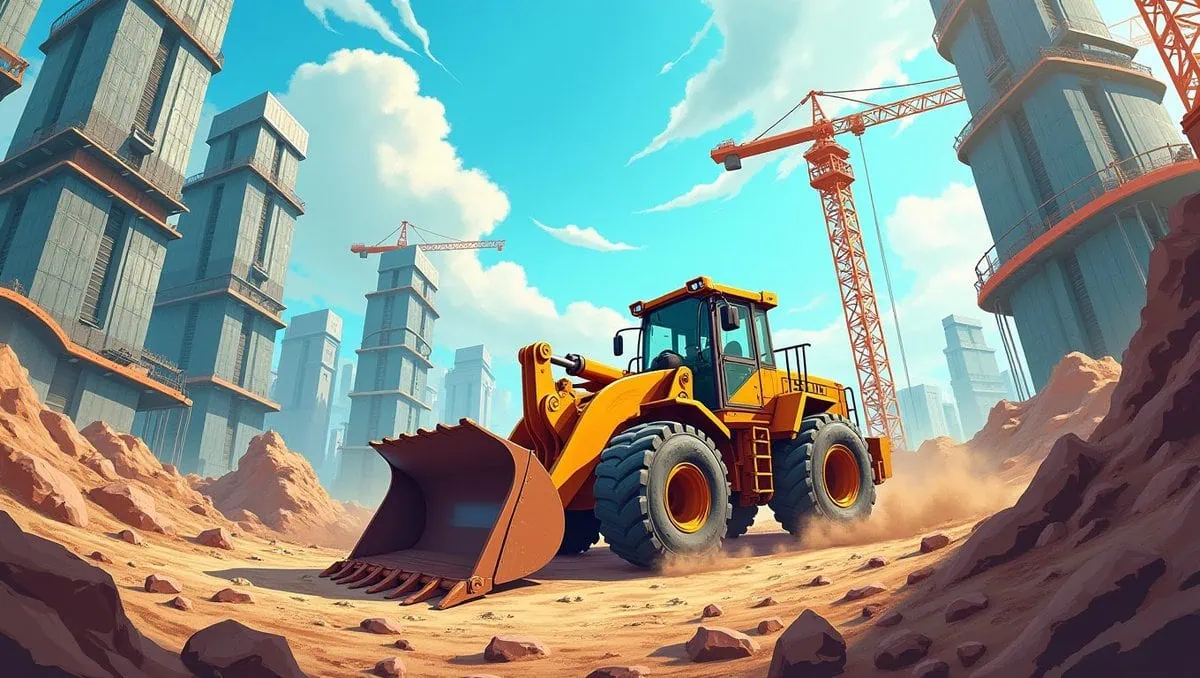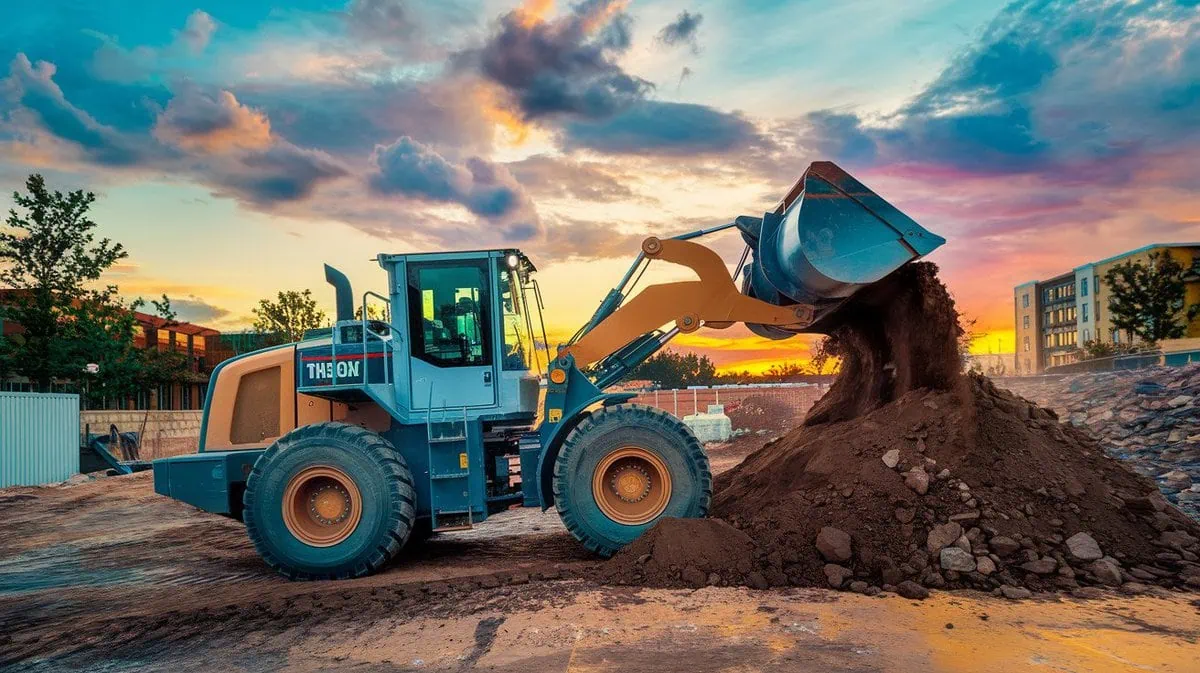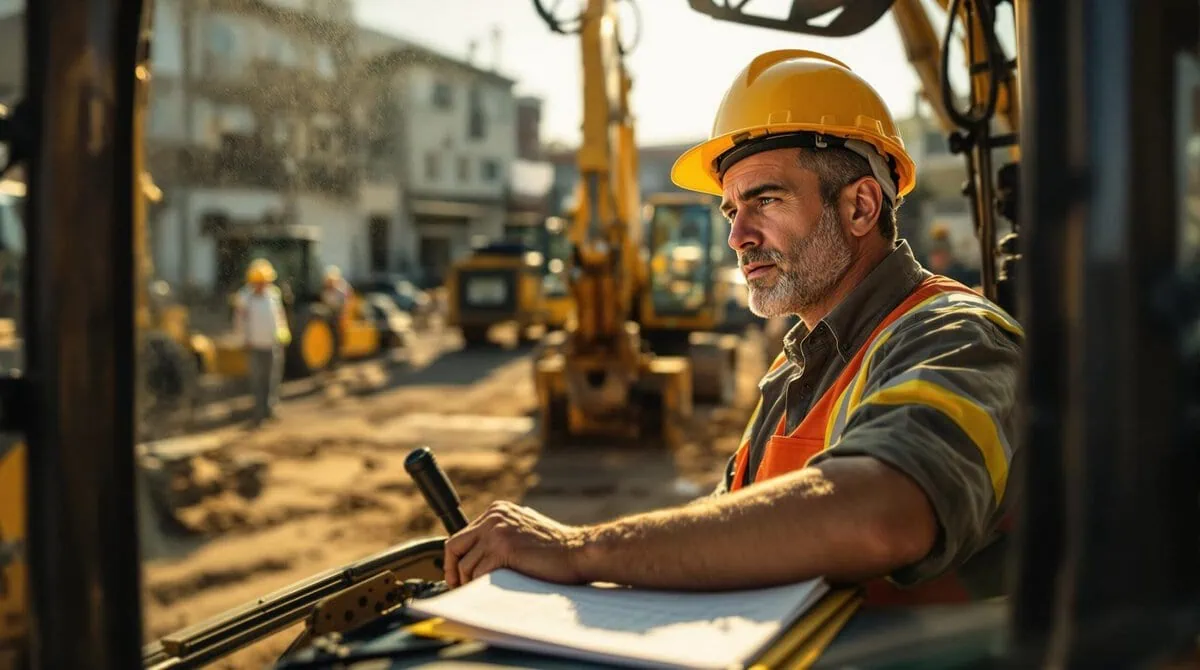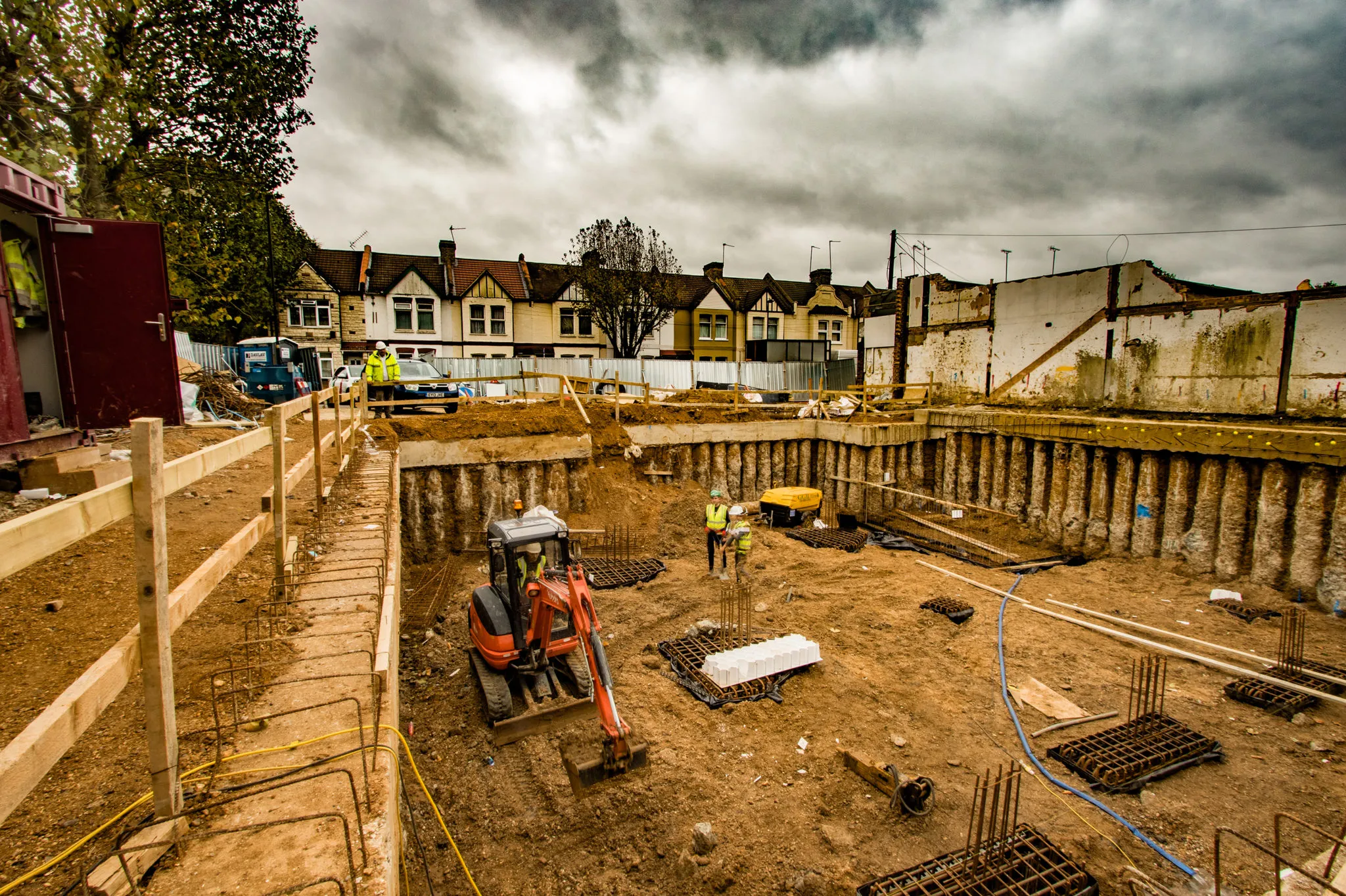Purchasing a used excavator can be a great way to expand your fleet without breaking the bank. However, it’s not without its risks. Without thorough planning and careful consideration, you could end up with an unreliable machine, unexpected repair costs, or even legal issues. In this guide, we’ll explore 6 common mistakes when buying used excavators and provide practical tips to help you make a smart, informed decision.
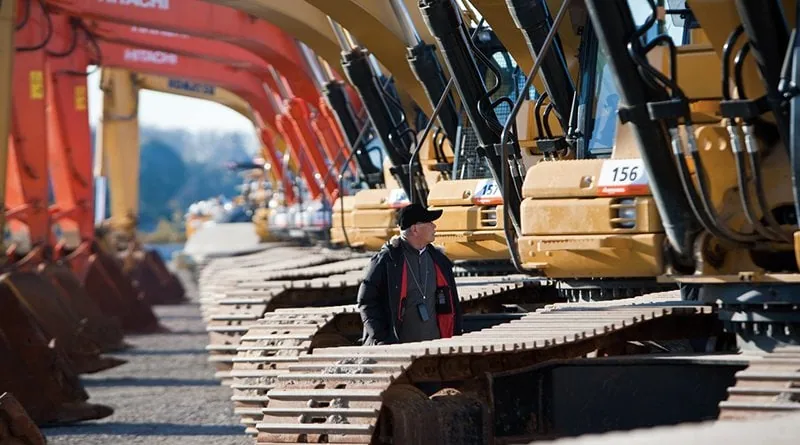
Skipping a Comprehensive Machine Inspection
One of the biggest mistakes you can make when buying a used excavator is not conducting a thorough inspection. While a machine might look fine on the surface, there may be hidden issues that could cost you later.
You need to go beyond a simple visual check. Make sure you inspect the key components such as the engine, hydraulic systems, tracks, undercarriage, and the bucket. Take a close look at the machine’s hours of operation—while lower hours might seem appealing, they don’t always guarantee that the machine hasn’t been poorly maintained.
Don’t forget to check the engine’s performance under load, which can reveal potential issues that might not be obvious when the machine is idling. Additionally, inspect the hydraulic hoses for any signs of wear, as repairing leaks or replacing damaged hoses can be costly. Pay attention to the tracks, particularly if the excavator is a crawler type, as replacement tracks can be expensive.
If you’re not confident in your own inspection skills, don’t hesitate to bring a professional mechanic or technician along. Many reputable sellers will allow for independent inspections, and this can give you peace of mind. Also, always ask for a detailed maintenance history, as it can provide insight into the machine’s past and help you spot recurring issues that might signal future trouble.
Trusting Unreliable Sellers
Another mistake many buyers make is trusting sellers who don’t have a proven track record. Whether you’re buying through a local dealer or importing from abroad, it’s crucial to verify the seller’s reputation before making a commitment.
A good seller will be transparent about the machine’s condition and history. They’ll provide detailed information, answer your questions promptly and be willing to show you references or customer reviews. If a seller is vague about the condition of the machine or unwilling to answer detailed questions, that’s a major red flag.
Make sure to check online reviews on trusted platforms like Alibaba, Made-in-China, or Google. A reputable supplier, such as HIXEN Machinery, will have positive reviews and a history of transparent transactions. If possible, ask the seller for references from previous buyers, especially those who’ve purchased similar equipment. You want to ensure that the seller is reliable and that they stand behind their product.
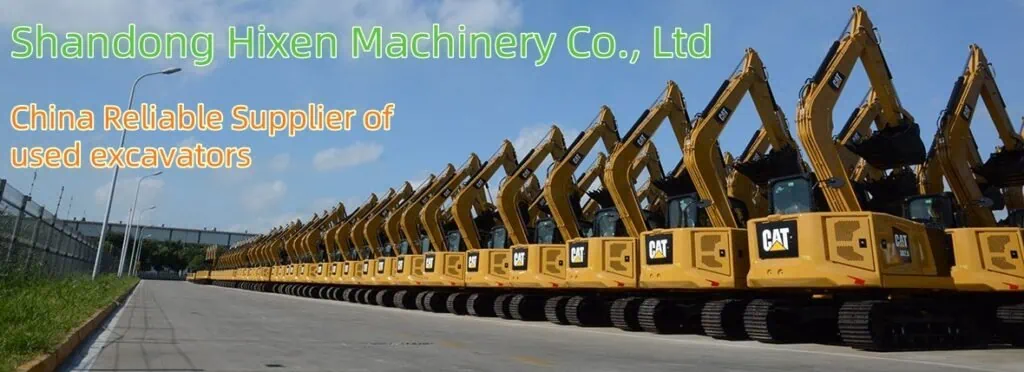
Underestimating the Cost of Maintenance and Repairs
While buying a used excavator can save you money upfront, many buyers overlook the long-term maintenance and repair costs. Don’t fall into the trap of focusing solely on the initial price—consider the cost of ownership over the life of the machine.
Used excavators, especially older models, may require significant repairs or more frequent maintenance. For instance, the hydraulic system might need regular servicing, or the undercarriage might wear out faster than you expect. Replacement parts, especially for non-mainstream brands, can be expensive and sometimes hard to find.
Be sure to ask about the availability of spare parts for the machine you’re considering. Well-established brands like CAT, Komatsu, and Sany tend to have easily accessible parts, which makes maintenance more affordable. However, if you’re looking at a less common brand, make sure to verify that spare parts are available in your area. This will prevent any frustrating downtime when parts need to be replaced.
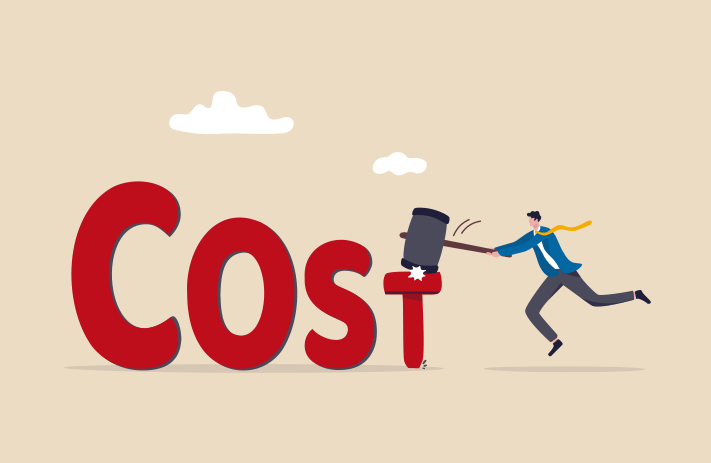
Moreover, take into account the regular maintenance tasks like oil changes, track adjustments, and cleaning. The more efficiently you maintain the machine, the longer it will last. To keep your long-term costs in check, make sure to understand the typical maintenance intervals and costs associated with the machine you’re interested in.
Choosing the Wrong Excavator for Your Project
Selecting the right type of excavator for your job site is just as important as choosing the right model. Many buyers make the mistake of purchasing an excavator that’s either too small or too large for their needs. This can lead to inefficiency, excessive fuel costs, and unnecessary wear and tear on the machine.
For small-scale projects, such as residential construction or landscaping, a mini or small excavator is usually the best choice. Machines like the CAT 305 or Komatsu PC55 are great for tight spaces where maneuverability is key. For more general construction tasks, a medium-sized model like the Komatsu PC200 or Sany SY215 will get the job done with more power and versatility.
If you’re involved in large-scale projects like mining or infrastructure work, you’ll need a heavy-duty machine. Excavators such as the CAT 330BL or Sany SY365 are excellent choices, with higher lifting capacities and larger buckets to handle tougher tasks.
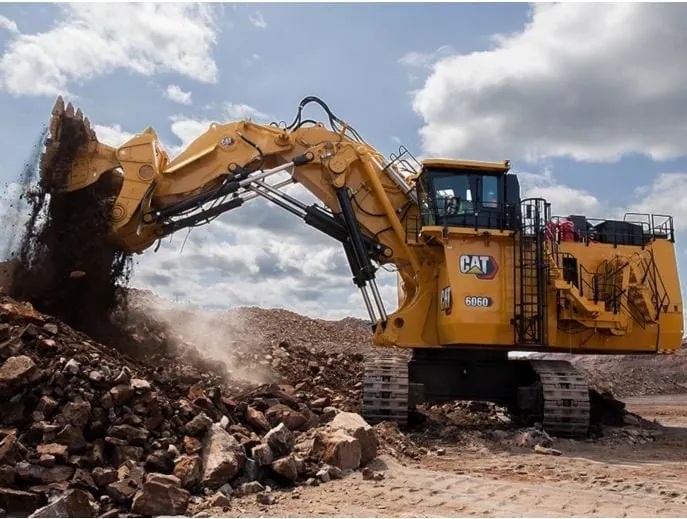
Additionally, consider the terrain and job site conditions when choosing between a wheeled or tracked excavator. Tracked machines provide better stability and traction, especially on uneven ground or soft soil, but wheeled machines like the CAT M315D offer better mobility on hard surfaces like asphalt or urban construction sites.
Overlooking Import and Legal Requirements
If you’re buying a used excavator from another country, it’s essential to understand the import regulations and ensure the machine complies with local laws. Different countries have varying requirements for used machinery, including age restrictions, emissions standards, and paperwork requirements.
For instance, in some regions, there are strict emissions standards that require the machine to meet specific pollution control regulations. If the excavator doesn’t comply, it could be rejected by customs or require costly modifications to meet the standards.
To avoid these issues, work with a reputable exporter who understands the local regulations and can guide you through the import process. A reliable supplier will help you with the paperwork, including the bill of sale, certificate of origin, and quality inspection certificates, to ensure everything goes smoothly.
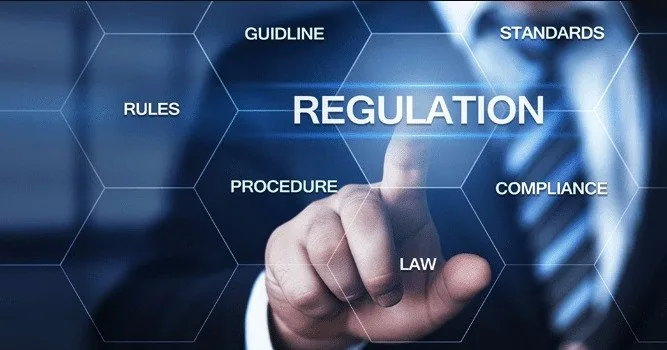
At HIXEN Machinery, we make the import process seamless by offering pre-shipment inspections and handling the necessary export documentation. This reduces your risk of delays or problems with customs clearance.
Failing to Compare Prices and Market Trends
Many buyers rush into purchasing a used excavator without first researching the market. This can lead to overpaying for a machine or missing out on a better deal.
Take the time to research current market prices and trends before finalizing your decision. Compare prices from multiple sellers and platforms, and pay attention to any seasonal fluctuations in pricing. For example, demand for construction equipment may increase during peak construction seasons, leading to higher prices. By waiting for the off-season or negotiating with the seller, you could save a significant amount of money.
Check online marketplaces like Alibaba or Made-in-China to get a sense of what similar machines are selling for. If you’re unsure about the fair price, reach out to a trusted supplier who can help you determine if the machine you’re considering is priced fairly. Keep in mind that a lower price might indicate hidden issues, so always balance price with machine condition and long-term value.
Overlooking Post-Purchase Support
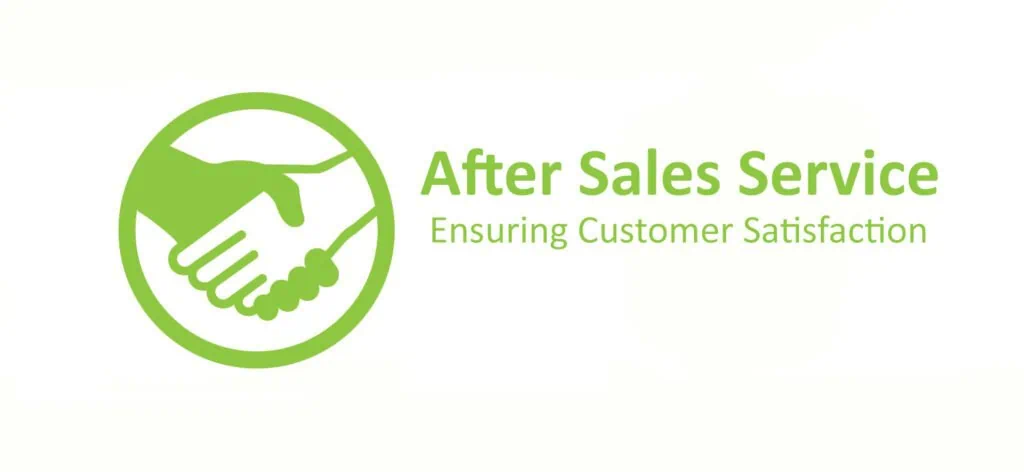
Even after the sale, you’ll need support for things like repairs, spare parts, and technical questions. A lot of buyers make the mistake of overlooking this aspect when purchasing a used excavator.
When you’re buying from a dealer or supplier, ensure they provide after-sales support. A warranty can be a significant benefit, especially if it covers important components like the engine or hydraulics. While many used excavators may not come with a full warranty, look for suppliers who offer limited warranties or guarantees for specific parts of the machine.
Additionally, ask about post-purchase services such as spare parts availability and technical assistance. Working with a supplier who has a solid support network can save you time and money when issues arise.
Neglecting the Resale Value
When buying a used excavator, it’s important to consider its potential resale value. Some machines depreciate quickly, while others maintain their value better. If you plan on selling the machine in the future, you’ll want to ensure it retains its value.
Brands like CAT, Komatsu, and Sany tend to have high resale value due to their reputation for reliability and performance. Popular models, such as the CAT 320D or Komatsu PC200, are always in demand, so they’re a safe investment. Avoid obscure brands or models that might be harder to sell down the line, as they may not have the same market demand.
Make sure to keep the machine in good condition and document all maintenance and repairs. This will help you secure a better price when it’s time to resell.
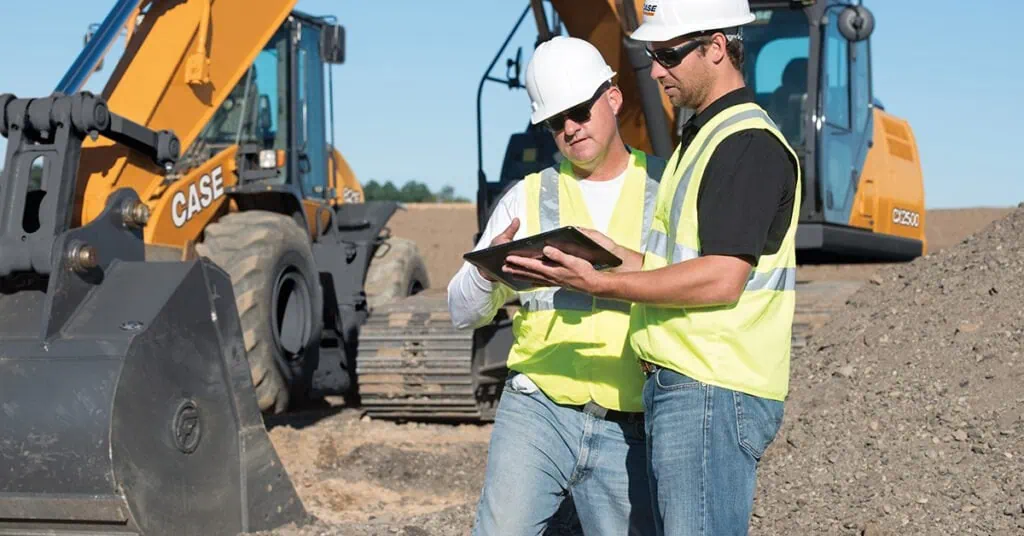
Rushing the Decision – biggest mistakes when buying used excavators
Finally, one of the worst mistakes you can make when buying a used excavator is rushing the decision. Impulsive decisions rarely lead to the best outcomes.
Take your time to carefully evaluate all factors involved—machine condition, seller reputation, pricing, and legal considerations. Make a checklist of your must-have features, and don’t settle for anything less. Ask plenty of questions and ensure you’re comfortable with your purchase before committing.
Conclusion
Buying a used excavator can be a smart move, but only if you’re careful and informed. By avoiding these common mistakes, you can save money, reduce risks, and make a sound investment. Take the time to inspect the machine thoroughly, choose a reliable seller and ensure the excavator is the right fit for your project. With the right approach, you’ll be able to find a machine that delivers reliable performance and serves you well for years to come. We are leading supplier of used excavator, if you have any questions, please contact me for more information.

